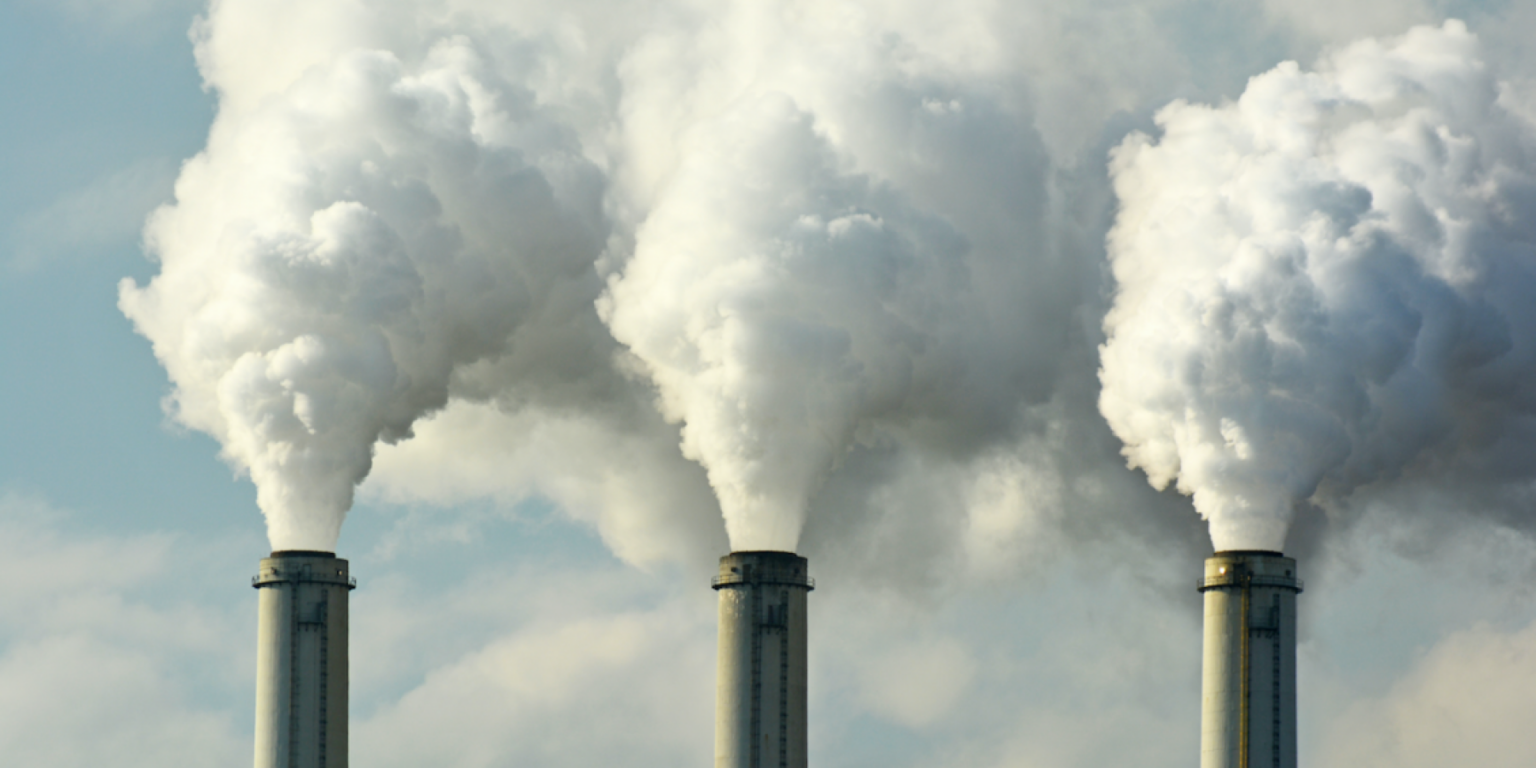- The final agreement of the Dubai climate summit mentions for the first time a transition “away from fossil fuels.”
- This is certainly a step on the right path, but that remains far too insufficient to respond to the urgency and severity of the climate crisis, particularly for vulnerable countries.
- For millions of Africans, the climate crisis affects every aspect of life, from food and housing to access to clean water and clean energy.
World leaders have finally reached an agreement that the world must abandon fossil fuels to prevent catastrophic climate change, following 30 years of intense and painful negotiations.
This concession was achieved in response to the outcry caused by the previous draft, which did not explicitly acknowledge the necessity of transitioning away from fossil fuels.
Although some hail the Global Stocktake as ‘historic,’ it does not clearly signal an “exit” from oil, gas, and coal, as the global climate movement has been demanding for decades.
End of the age of fossil fuels is fast approaching
This small victory, however, marks the beginning of the end. Now, world leaders have broken the taboo. The final text clearly identifies the issue, although it only calls for “transitioning away from fossil fuels in energy systems, in a fair, orderly, and equitable manner, accelerating action in this crucial decade to achieve carbon neutrality by 2050 in accordance with scientific recommendations.”
The end of the fossil fuel era is fast approaching—a scenario that would not have been possible without the global climate movement and communities speaking loud and clear over the past few weeks and during COP. Should we rejoice in the results of this conference? Not really.
As an African, we expected COP28 to demonstrate commitment to course correction, charting a path to a complete phase-out of all fossil fuels, a sustainable future built on renewables, ambitious adaptation finance, and clear technology transfer commitments by rich nations.
Although the Dubai final text mentions the transition away from fossil fuels, it makes no reference to the support needed for developing countries to undertake this energy transition. Who will pay the bill for this transition? Is it fair and realistic to expect developing countries to bear the burden of this transition without significant financial support?
Financing issues have long been at the heart of climate negotiations, causing enormous frustration for African countries that adopted the Nairobi Declaration last September, a text sanctioning the first African Climate Summit.
The continent, which bears the brunt of the ravages of the climate crisis, is calling for an increase in “Africa’s renewable energy production capacity from 56 gigawatts in 2022 to at least 300 gigawatts by 2030,” as well as an in-depth reform of a new financing mechanism adapted to Africa’s needs, including restructuring and debt relief. This objective was not achieved in Dubai.
Read also: Tanzania at COP28
For Africa, the climate crisis affects every aspect of life
No one needs to be reminded of the continent’s insignificant contribution to the ongoing crisis; hence, the final text leaves a bitter taste from a climate justice perspective. For millions of Africans, the climate crisis affects every aspect of life, from food and housing to access to clean water and clean energy.
The support for tripling renewable energies had generated optimism and energized communities that have mobilized massively in recent weeks to call for the rapid and large-scale deployment of renewable energies in Africa.
To truly achieve climate justice, the biggest polluters must take leadership and do their part to phase out all fossil fuels while accelerating funding to triple clean energy by 2030 and doubling energy efficiency.
These two objectives are closely linked and represent the only path to survival for the populations of the Global South. Once again, the Dubai agreement failed to present a clear path forward, supported by a legal framework and implementation timetable.
History will remember that COP 28 was a moment of truth for the fossil fuel industry after decades of lies, manipulation, and greenwashing. We were not expecting the end of the fossil fuel era to be declared by its first beneficiaries. There were at least 2,456 fossil fuel lobbyists at this summit who did everything to influence the final agreement.
Read also: Africa Climate Summit: President Ruto’s Roadmap to an Eco-Friendly Africa
Power of mobilization and pressure from civil society
Until the last hour of the COP, we also witnessed the power of mobilization and pressure from civil society, the climate movement, indigenous peoples, and progressive leaders who demonstrated their commitment to protecting the interests and future of the most vulnerable and voiceless at the center of climate negotiations.
Over the next two years leading up to COP 30 in Brazil, we will continue to build momentum to demand climate justice even more fiercely. Aluta continua!
Opinion by Landry Ninteretse, Regional Director, 350Africa.org.
